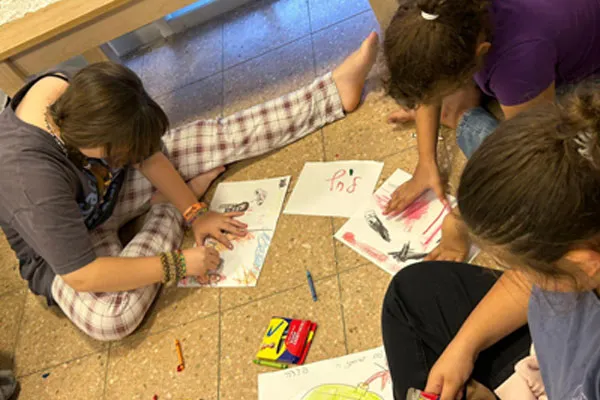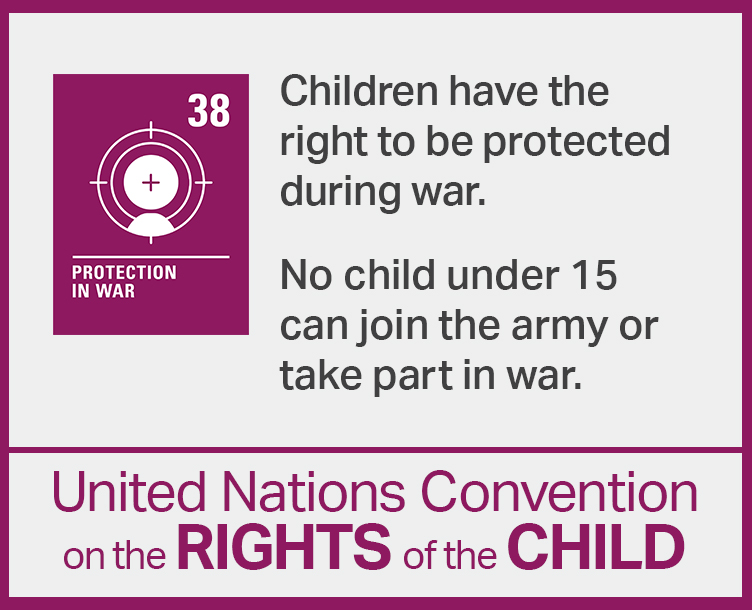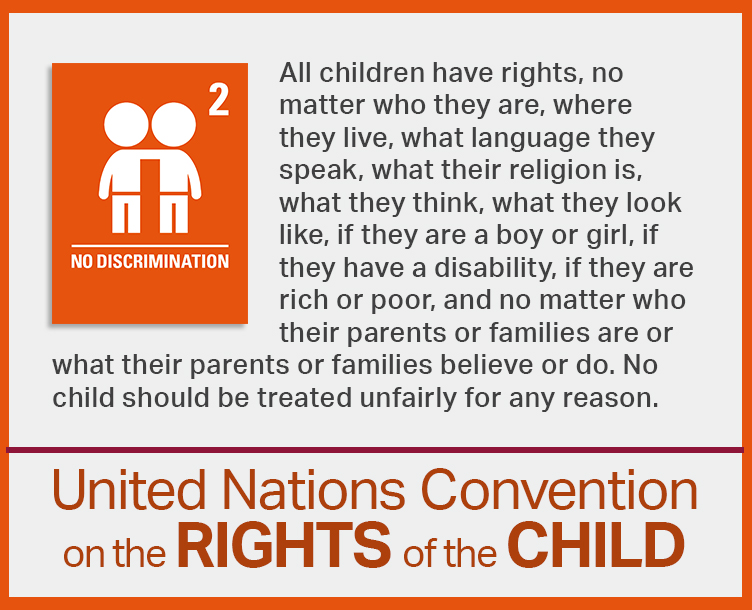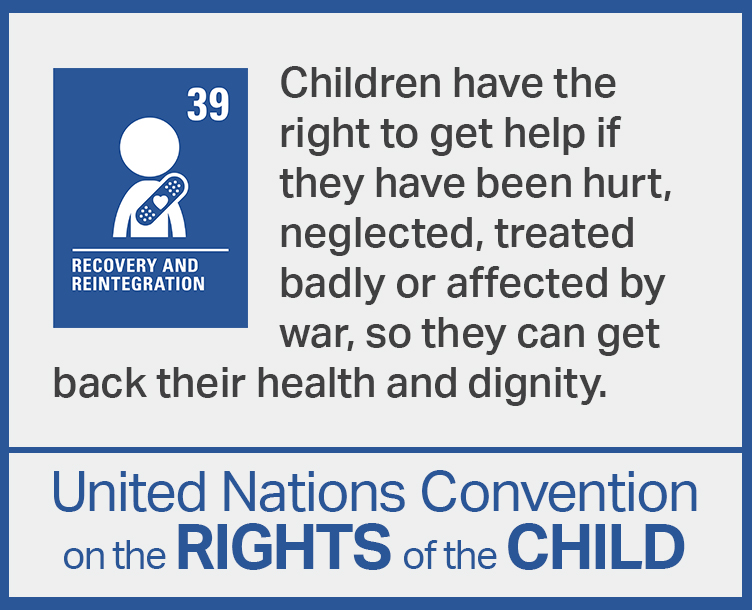Psychological care is crucial for the children of Israel and Palestine to avert long-term trauma

For the children of Israel and Palestine, the losses and trauma from the current conflict are taking a heavy toll on their mental health and wellbeing, with long-term effects on their development.
Their sense of security has been shattered. Children without parental care, many already coming from troubled backgrounds, are being retraumatized. Psychological care is crucial to avert long-term trauma.
Shira*, who lives at SOS Children’s Villages in Arad, Israel, lost her older sister on October 7, during the attack at a music festival in Reim. Two other siblings lost an older brother who was killed outside his home while trying to defend his kibbutz.
“Many of the young people know friends who were kidnapped and who were killed,” says Mor Rabi Mizrahi, Youth Programs Coordinator at SOS Children’s Villages Israel. “Their mental state is not well; everyone is in great fear and sadness.”
In Palestine, the children and caregivers of SOS Children’s Villages in Rafah, southern Gaza, live with the constant threat of bombs falling nearby. With profound impacts on mental health, SOS Children’s Villages is scaling up its psychological support in the community.
“The ongoing situation in Palestine has created immense challenges for our families and children,” says Ghada Hirzallah, Interim National Director of SOS Children's Villages Palestine. “The impact on children in particular is profound. Daily struggles for basic needs, exposure to violence, and the constant threat to their sense of security […] are having a long-lasting impact on their mental health.”
Restoring a sense of security
The continued tension and violence have had an impact on children’s mental health in both Israel and Palestine, and children have a right to be protected from violence and armed conflict.
When exposed to adversities, such as violence and conflict, it can significantly impact a child's development, with effects that can endure into adulthood. For children who already live without parental care, such experiences can retraumatize. In the face of humanitarian crises, SOS Children’s Villages is pivotal in providing the psychosocial care and nurturing relationships children need to overcome these difficult experiences.
Nelly Geva, National Director of SOS Children’s Villages Israel, explains that one of their main concerns is how the horrible images and stories that are being published, in particular on social media, are affecting the mental and psychological wellbeing of the children.
Channeling energies into positive actions
Children who lose parental care are particularly vulnerable as they are not ensured the caring bonds needed to help them overcome traumatic experiences. Nurturing and protective relationships are even more important for children living in war and conflict zones.
Parents and caregivers also need mental health support to cope with crisis. Research shows that providing such mental health support to parents can help mitigate the transference of trauma onto their children.
Caregivers are trained to identify signs of distress and provide a compassionate and targeted therapeutic response. They are encouraged to have conversations where children have the space to express their emotions by speaking, writing, or creating art.
To prevent the long-term effects of post-traumatic stress, children receive professional treatment by a psychologist in individual and group therapy sessions. Animal and art therapy are commonly used to support healing.
“Children in alternative care have been through so much trauma in their lives already - so much upheaval and instability,” says Hanna Daskal, Therapeutic Care Coordinator at SOS Children's Villages in Arad.
Hanna explains that the children’s sense of security was already stunned, that they work hard every day to create a safe place for them to grow and that recent events have shaken their world hard. Every child is encouraged to express their feelings. They need a safe space to vent and support each other. We channel our energies into positive actions to maintain a life routine through creativity and love for others, both inside and outside the village.
In Palestine, a psychologist working at SOS Children’s Villages in Rafah says that since the outbreak of the war, many children have lost contact with biological family members.
“Many family members of the children were killed, especially first-degree relatives, such as siblings or fathers. Children experience a psychological shock, sadness, and emotional pain as a result of this loss.”
One-on-one sessions with a psychologist help children deal with their fear, sadness and feelings of helplessness and reduce the risk of them experiencing a psychological shock in the future.
Children often ask questions like, ‘Why was my brother killed? Was it his fault?’ Psychologists deal with these questions with the utmost care to protect the children from setbacks.
Nelly is hopeful that the work being done in Israel and Palestine will contribute to a more peaceful future.
“We can teach children the values of tolerance, inclusion and non-violence – to build a better world.”
*Name changed to protect privacy.



